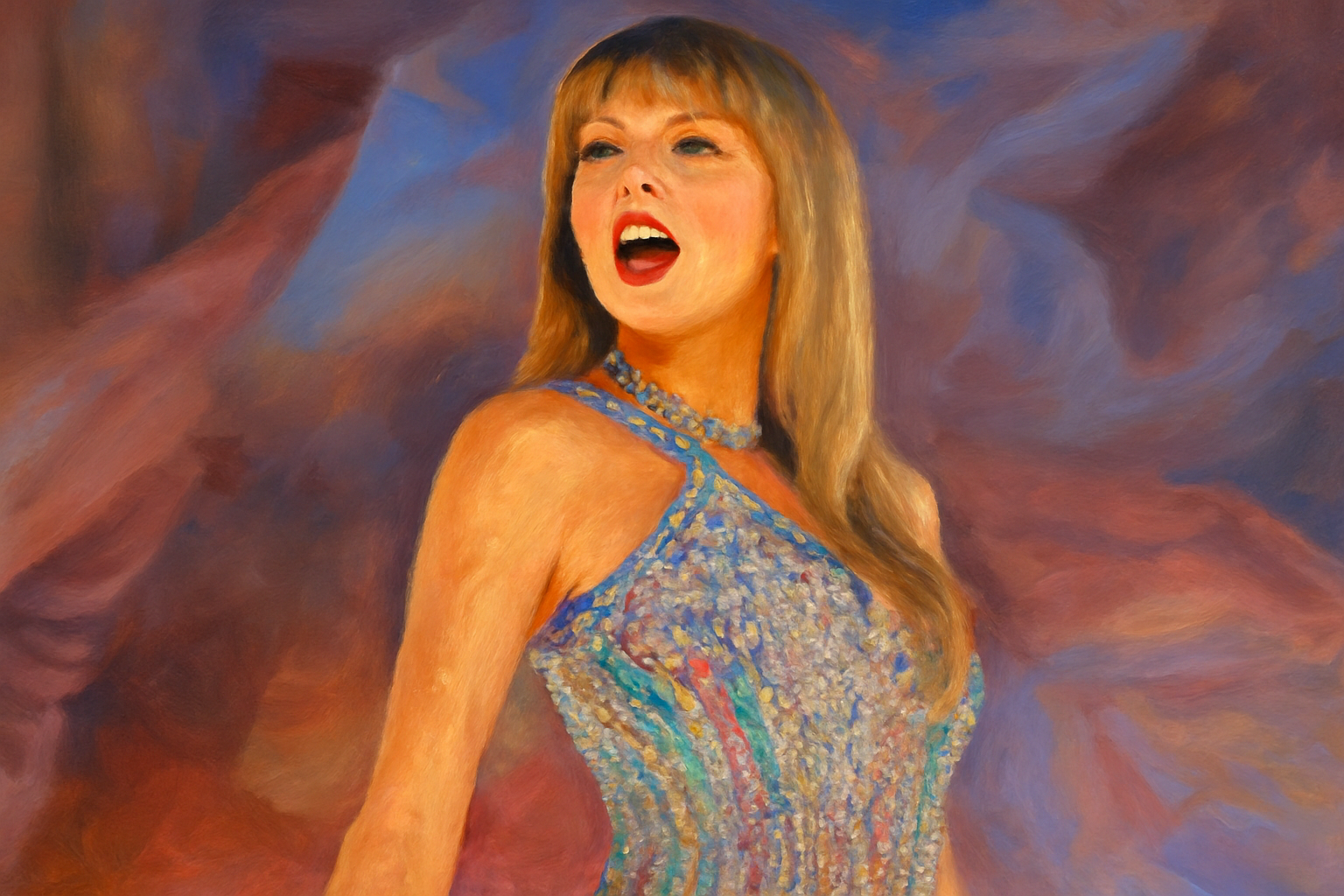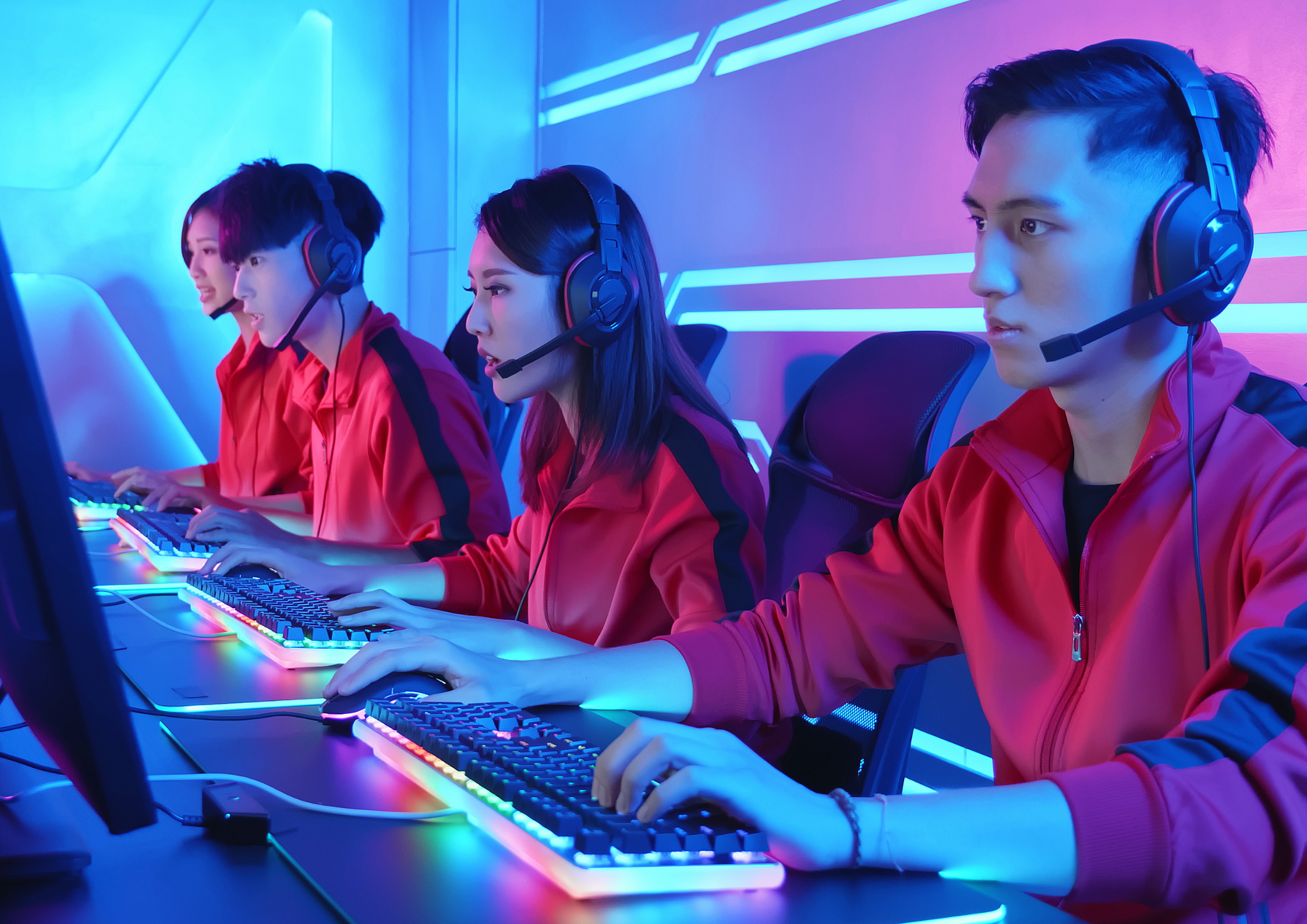BCU’s AI art exhibition explores the intersection of technology, creativity, and collaboration
Martin Donnelly: Reimagine Assemble Generate Expand
Birmingham City University (BCU) has launched a new art exhibition titled "All Watched Over: New Approaches AI Co-creation, Collaboration and Creativity."
The exhibition, which opened today at BCU's Parkside building, highlights the integration of artificial intelligence as a tool for artistic collaboration and innovation.
The showcase includes work from BCU staff, students, alumni, and international contributors. It aims to challenge perceptions of AI by demonstrating how it can support and enhance the creative process.
Exploring AI’s creative potential
The growing use of AI in art, including OpenAI's DALL-E generating over two million images daily, has sparked debates about its validity as an art form. The exhibition seeks to demonstrate how human creators can actively engage with AI to produce original works.
Gareth Courage, Lecturer in Illustration at BCU, stated:
“When a new technology arrives, there is often plenty of discussion about its legitimacy as an artform. We are seeing historical parallels, and the same conversations that were had when photography and digital art first emerged, even decades ago.
“Incorporating AI into the creative process can, instead of making us passive and deskilled, propel work in different and unexpected directions.”
Among the participating artists is Christoph Grünberger, co-founder of AI Art Magazine, whose series EMO|NGN uses AI to create portraits that express raw emotions.
Grünberger explained that his work examines the relationship between authenticity and technology in the AI era:
“Using AI effectively requires vision, judgment, and a deep understanding of the tools at hand. It’s not about letting the machine do the work; it’s about guiding it to achieve something uniquely compelling.
“As more people get access to AI tools, it’s vital that artists remain transparent and clearly communicate AI’s role in the creative process. Audiences deserve to know when elements are AI-generated, especially as realism blurs the line between artificial and authentic.”
BCU’s approach reflects its commitment to equipping students with skills for the future.
“As a university we want to challenge and explore new technologies, but to do this it’s important to engage with them directly,” said Courage. “Failing to engage with technology like gen-AI would be a disservice to our students too as this software will increasingly influence their studies and careers.”
The exhibition runs at BCU’s Parkside building from January 8 to January 31, showcasing AI’s potential in the creative field. For more information, visit the BCU website.
“We’re now entering a phase of refinement with AI, rather than dramatic breakthroughs,” said Grünberger. “The conversation is shifting from, ‘how much better can AI get?’ to ‘how can we maximize its potential as a partner in creativity?’ This evolution has the potential to redefine innovation itself.”





















